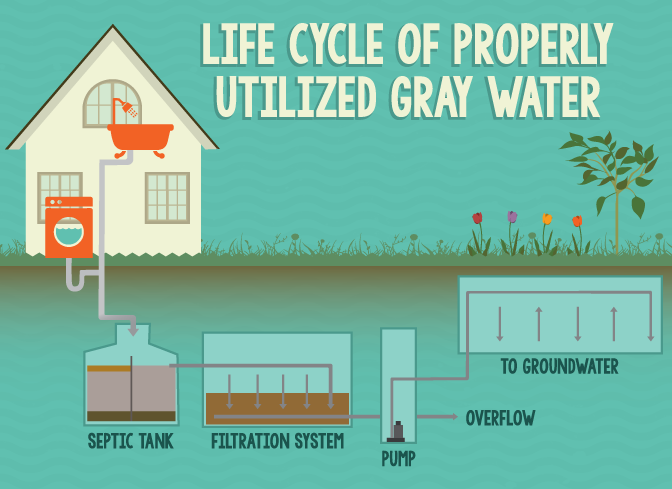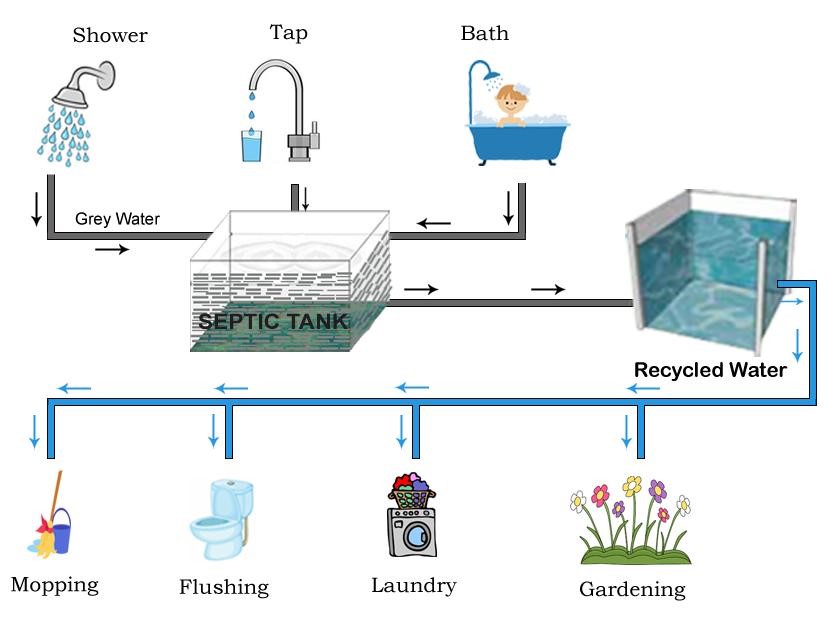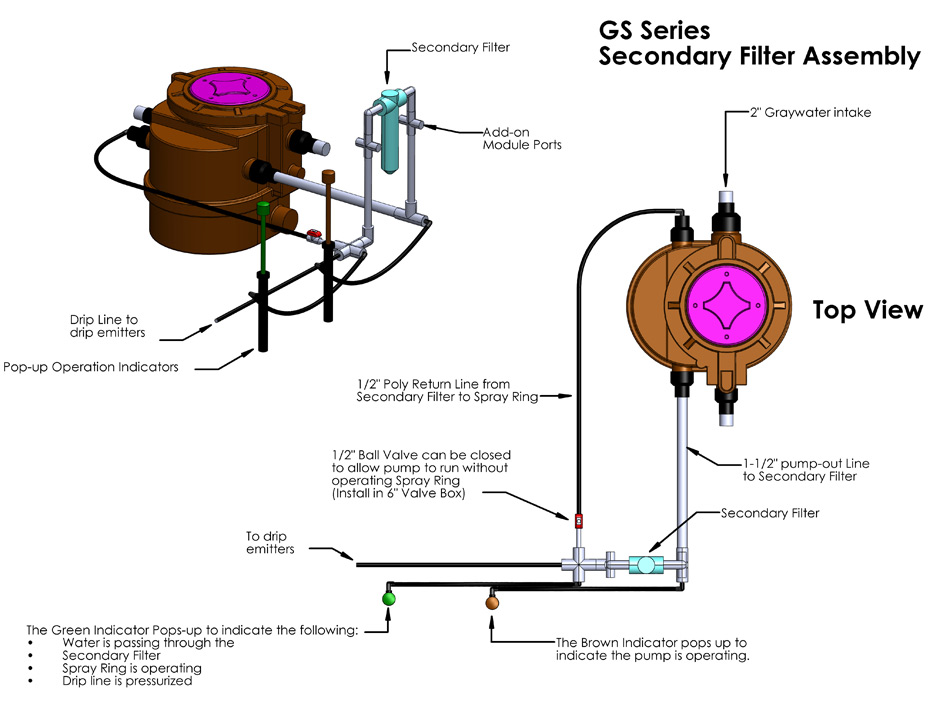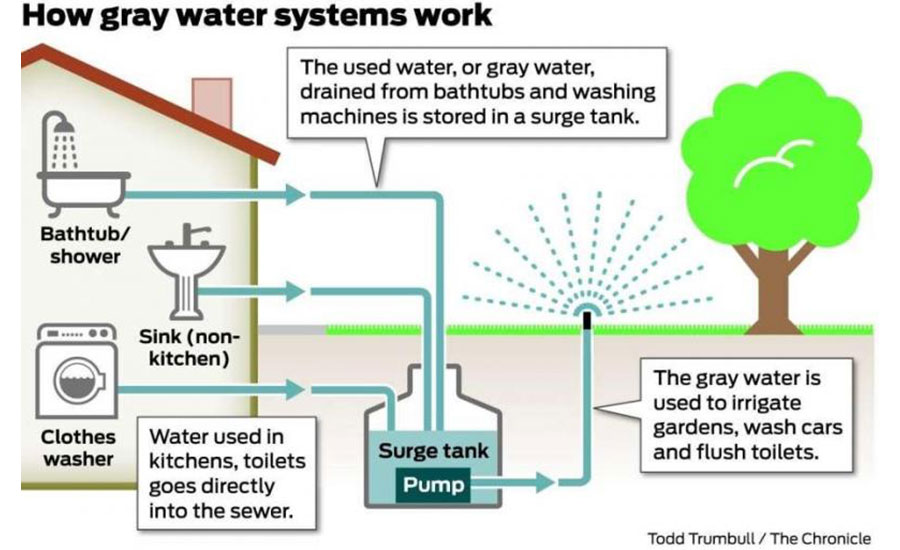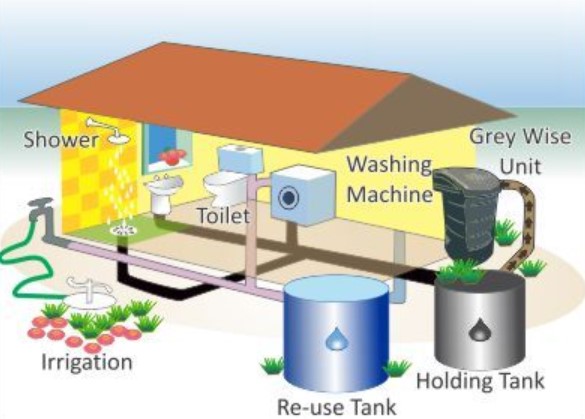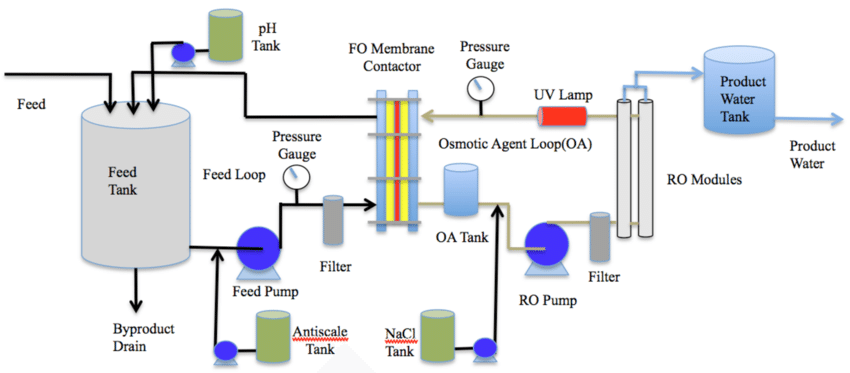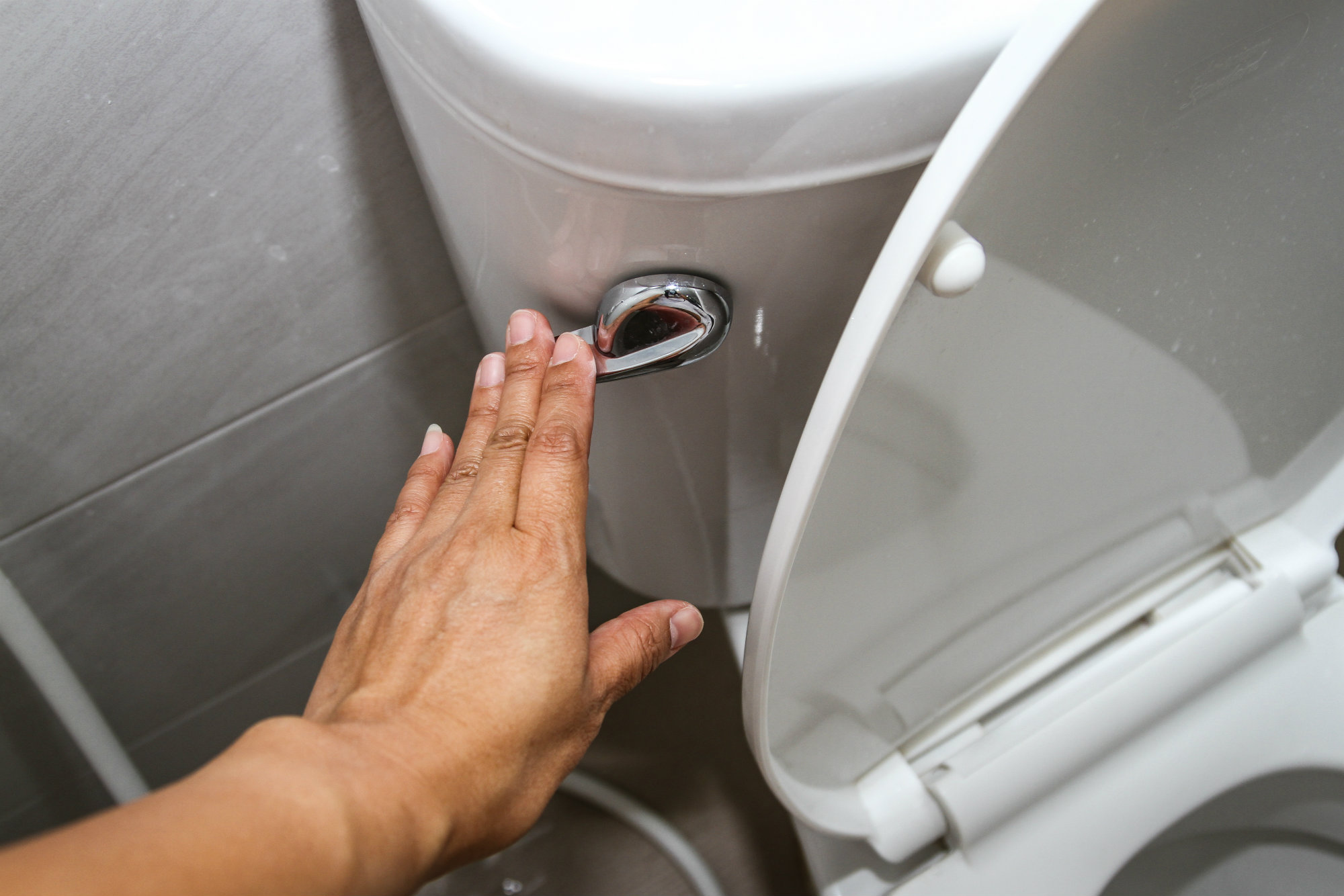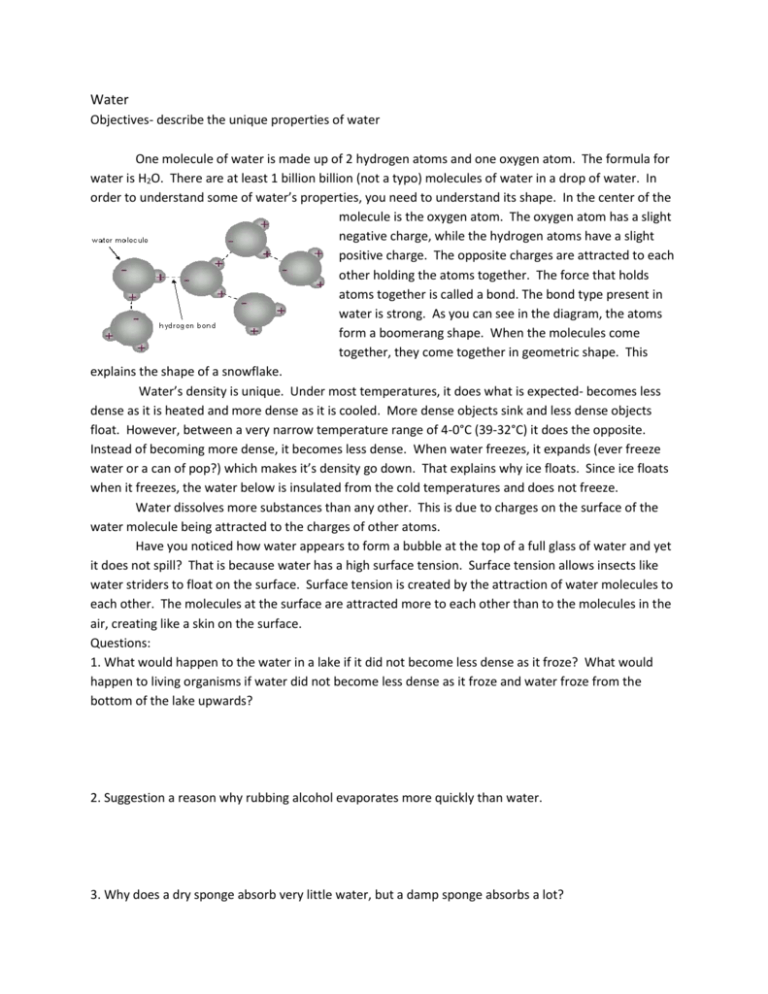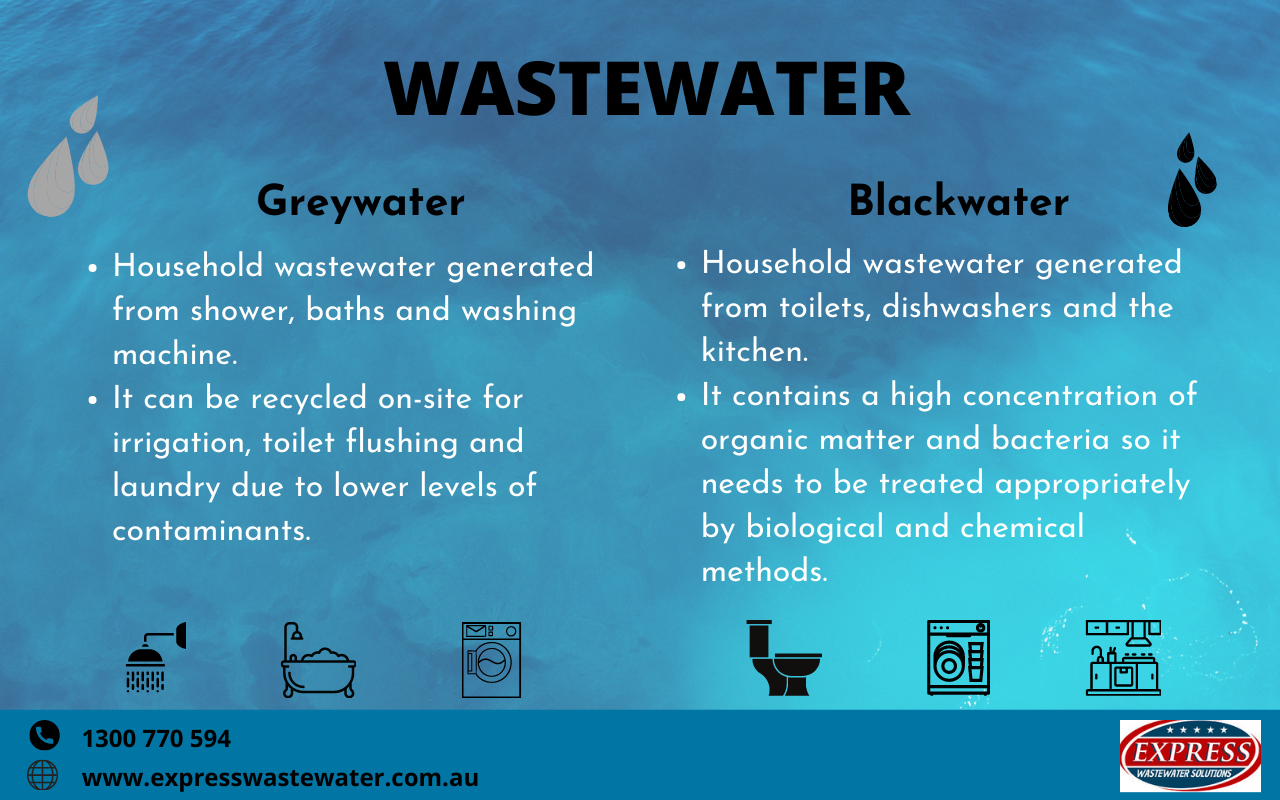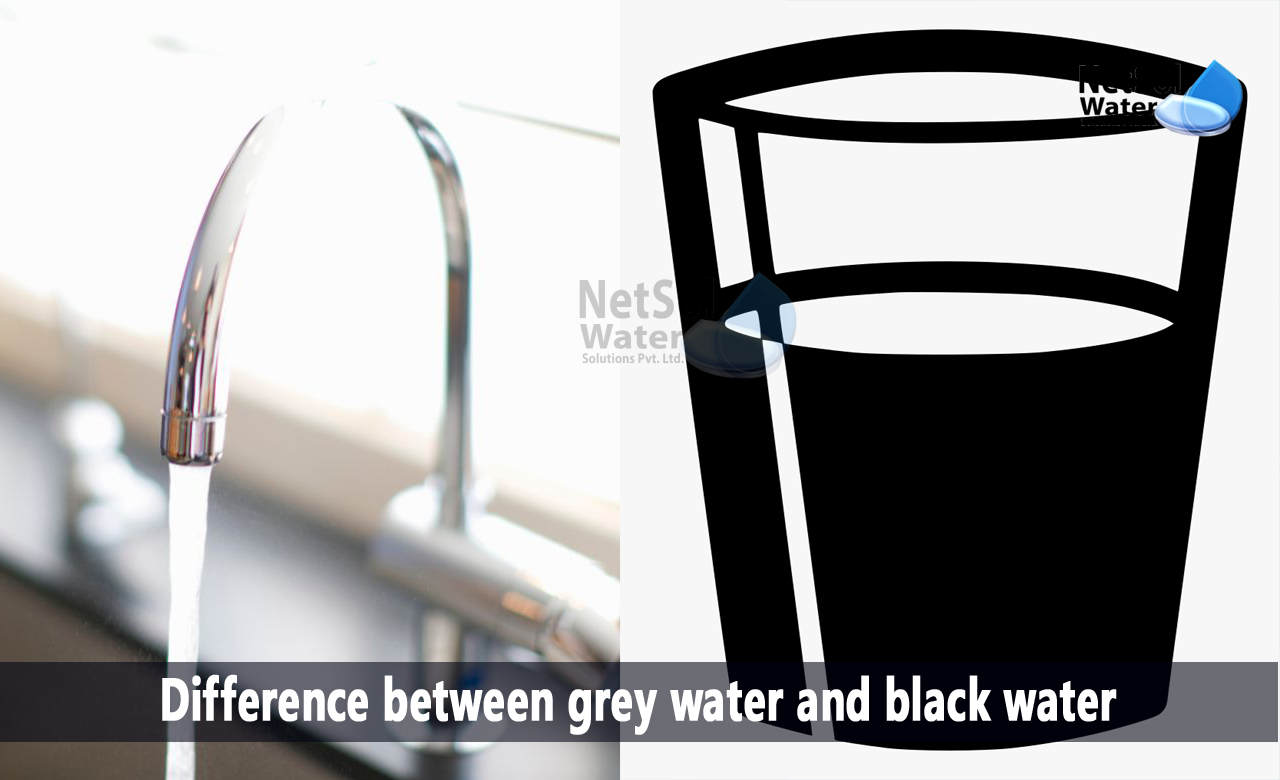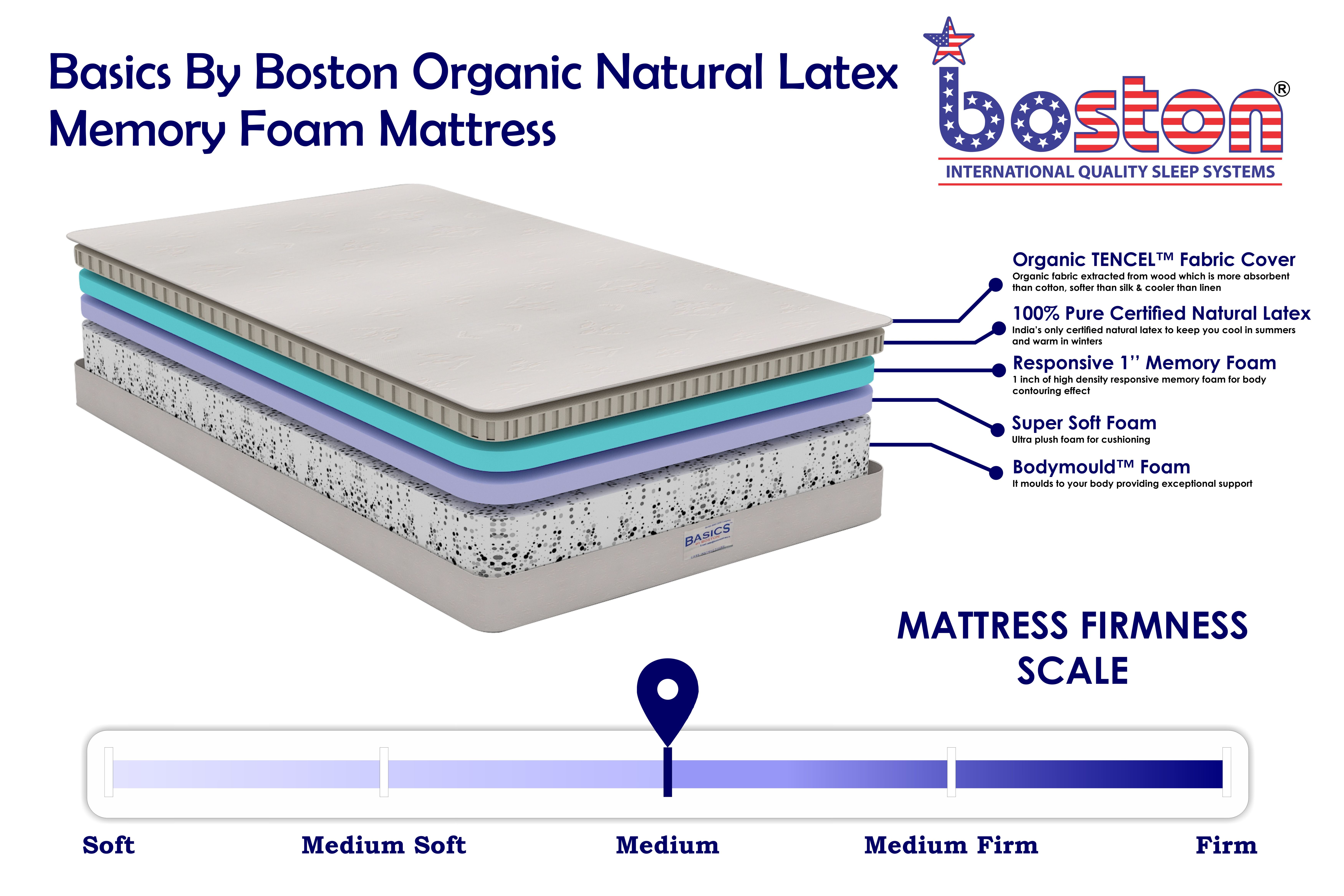When we think of kitchen sink water, we often picture it going down the drain and being wasted. However, what many people don't realize is that this water, known as gray water, can actually be recycled and used in a variety of ways. In this article, we'll explore the benefits of using gray water from your kitchen sink and how you can easily recycle it for a more sustainable lifestyle.
Kitchen Sink Water: What You Need to Know
Gray water is any water that comes from non-toilet sources, such as sinks, showers, and washing machines. This water may contain small amounts of soap, food particles, and other household contaminants, but it is still safe for certain uses. By recycling gray water, we can reduce our overall water consumption and decrease the strain on our water supply.
Gray Water: What It Is and How to Use It
The simplest way to recycle gray water from your kitchen sink is by using a bucket or basin to catch the water while you wash dishes or rinse produce. This water can then be used to water indoor plants, outdoor gardens, or even to flush your toilet. Just be sure to use the water within 24 hours to prevent bacterial growth.
How to Recycle Gray Water from Your Kitchen Sink
Using gray water in your garden is a great way to nourish your plants and reduce your water usage. The soap and nutrients in the water can actually benefit your plants, as long as you are using biodegradable and environmentally-friendly products. Plus, by reusing gray water, you'll be saving money on your water bill and contributing to a more sustainable environment.
The Benefits of Using Gray Water in Your Garden
If you want to take your gray water recycling to the next level, consider installing a gray water system specifically for your kitchen sink. This involves rerouting your kitchen sink's drainage pipes to a separate tank or filtration system, which can then be used to irrigate your yard or flush your toilet. While this may require some initial investment and installation costs, it can have a significant long-term impact on your water usage and environmental footprint.
How to Install a Gray Water System for Your Kitchen Sink
By incorporating gray water recycling into your daily routine, you are not only reducing your water usage, but also making a positive impact on the environment. With the growing concern over global water shortages, every little effort counts. So, why not make a simple change in your kitchen to contribute to a more sustainable future?
Gray Water Recycling: A Sustainable Solution for Your Kitchen Sink
If you're looking for another way to use gray water from your kitchen sink, consider using it to flush your toilet. This is a great option for those who don't have a garden or outdoor space to irrigate. Simply collect the water in a bucket or tank and use it to flush the toilet when needed. This small change can make a big impact on your overall water usage.
Using Gray Water from Your Kitchen Sink for Toilet Flushing
It's no secret that our water supply is limited and precious. By using gray water from your kitchen sink, you are reducing the strain on this resource and helping to preserve it for future generations. Additionally, by using environmentally-friendly products and reducing our water usage, we are also reducing the amount of harmful chemicals and pollutants that end up in our water systems.
The Environmental Impact of Kitchen Sink Water and Gray Water
If you're feeling handy, you can create your own DIY gray water system for your kitchen sink. There are many tutorials and guides available online, but the general steps involve rerouting your kitchen sink's drainage pipes to a separate tank or filtration system. Just be sure to research and follow all safety precautions and regulations before attempting this project.
DIY Gray Water System for Your Kitchen Sink: Step-by-Step Guide
You may be wondering, what exactly is the difference between gray water and black water? While gray water comes from non-toilet sources, black water refers to any water that has come into contact with human waste. Black water is not safe for recycling and should always be disposed of properly. By understanding the difference between these two types of water, we can make informed decisions on how to reduce our water usage and properly dispose of waste.
Gray Water vs. Black Water: What's the Difference?
Kitchen Sink Water: The Benefits of Using Gray Water in Your Home

When it comes to house design, there are many factors to consider in order to create a functional and sustainable living space. One often overlooked aspect is the use of kitchen sink water , specifically gray water . Gray water is defined as any wastewater that comes from sources such as sinks, showers, and washing machines. While it may not be suitable for drinking, gray water can be safely reused for a variety of purposes, making it a valuable resource for any household.
A Sustainable Solution

In today's world, where water scarcity is becoming an increasing concern, finding ways to reduce water consumption is crucial. By using gray water from your kitchen sink, you can significantly decrease your household's water usage. This not only benefits the environment, but it can also save you money on your water bill. With the average American household using around 300 gallons of water per day, implementing gray water systems can make a significant impact.
Reducing Your Carbon Footprint

Another advantage of using gray water in your home is its positive impact on the environment. By reusing water that would typically go down the drain, you are reducing the amount of wastewater that needs to be treated and returned to the environment. This can help alleviate the strain on local water treatment facilities and reduce the amount of energy needed to treat and transport water. Additionally, using gray water can also help conserve energy by reducing the amount of hot water needed for daily tasks such as washing dishes and doing laundry.
Multiple Uses for Gray Water

Kitchen sink water can be reused in various ways throughout your home, making it a versatile resource. It can be used for tasks such as watering plants, cleaning outdoor areas, and flushing toilets. Some households even use gray water for irrigation in their gardens, reducing the need for potable water and promoting a more sustainable landscape.
Overall, the use of gray water from your kitchen sink is a simple and effective way to make your home more sustainable. Not only does it reduce water consumption and save money, but it also helps lessen your carbon footprint. With the increasing focus on eco-friendly living, implementing gray water systems in house design is a step towards a more sustainable future.




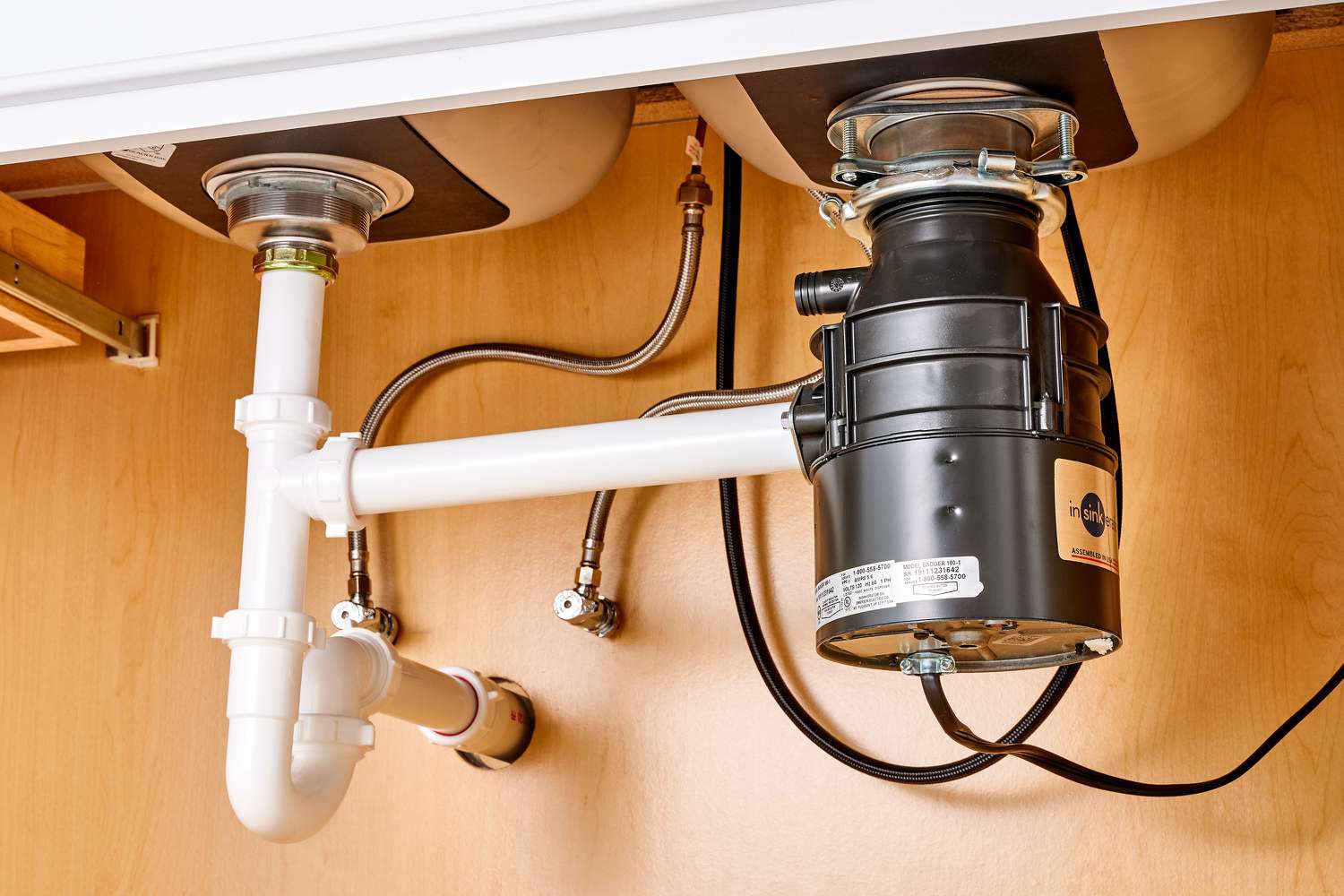


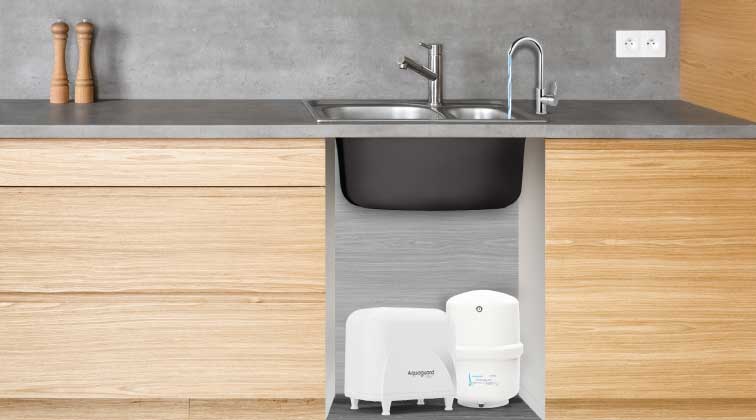
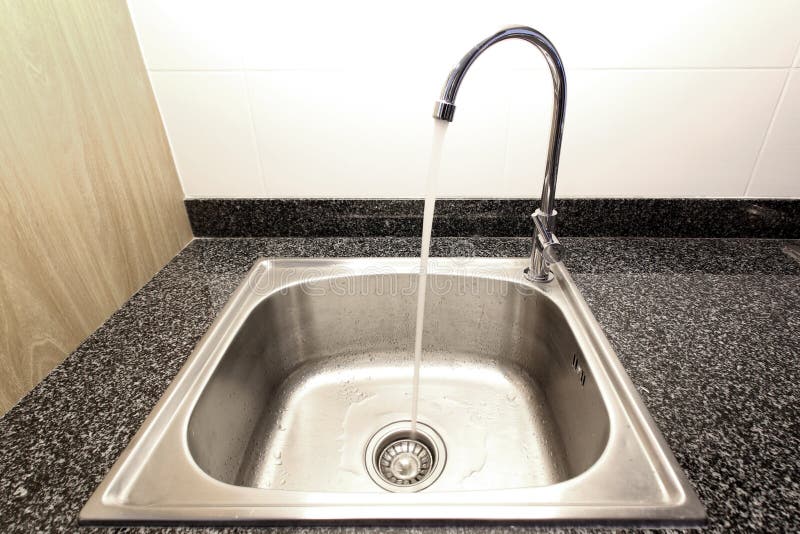

/water-overflowing-in-kitchen-sink-200553937-001-5797e6335f9b58461f5a6736.jpg)




